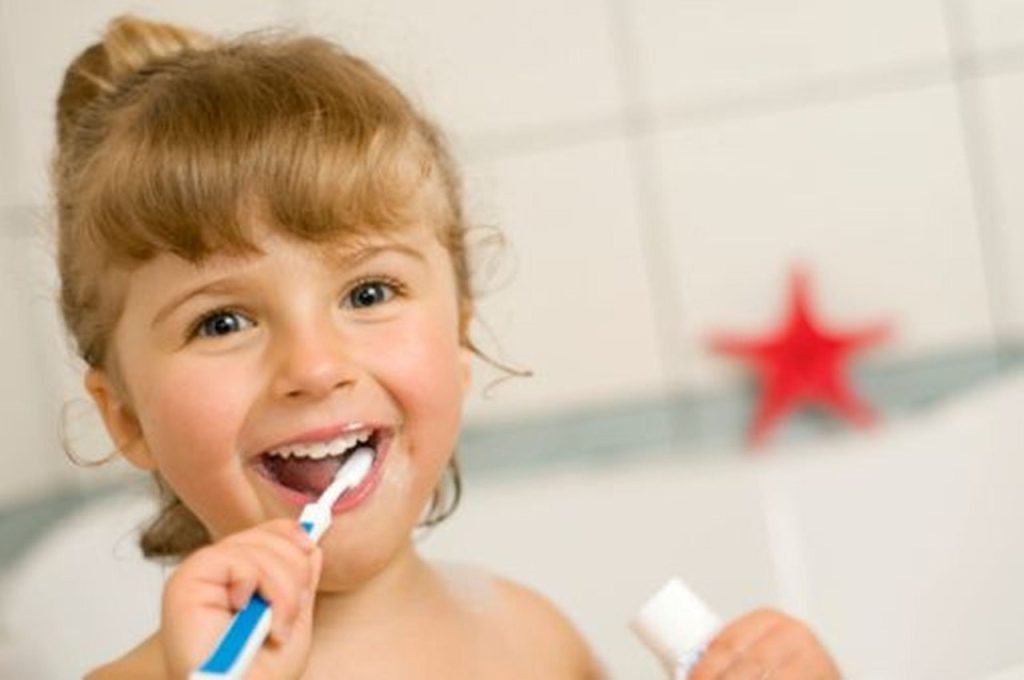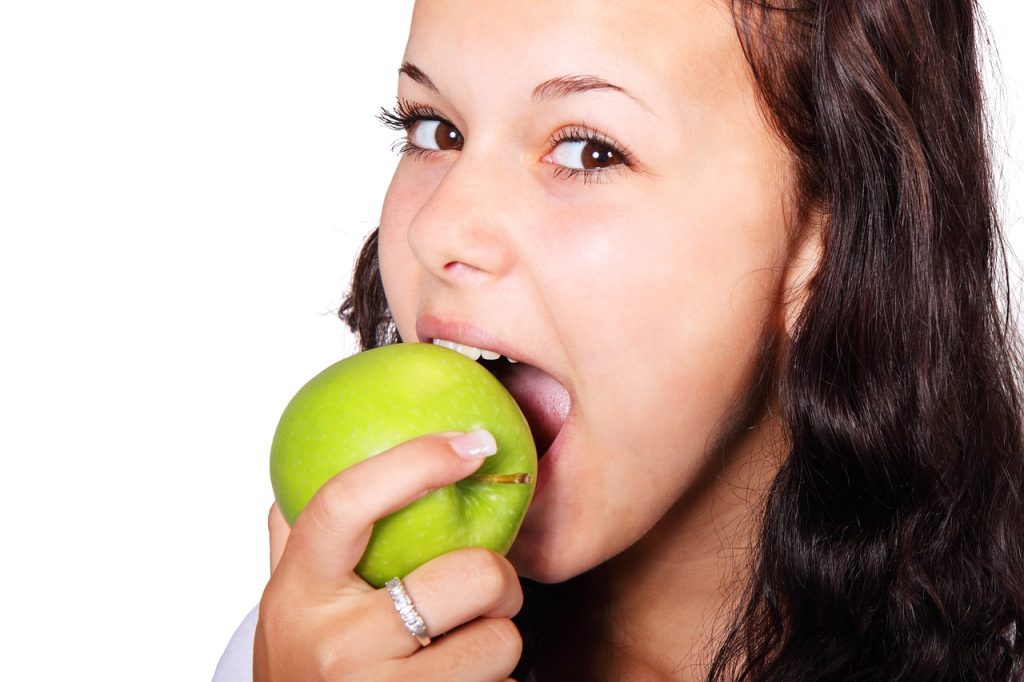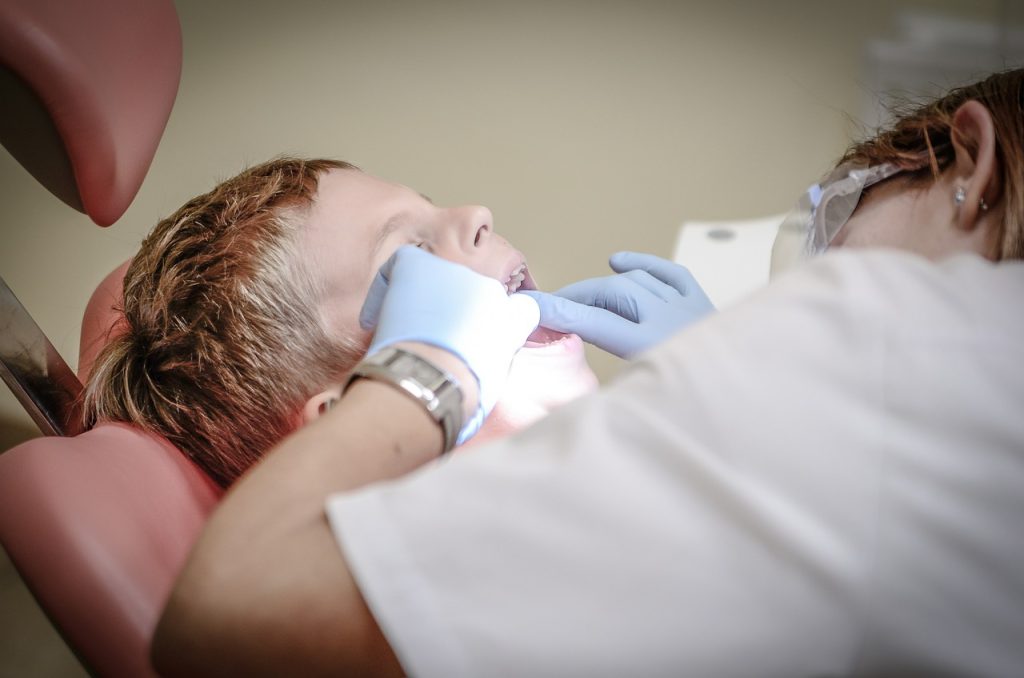Prevention is always the best option and always better than cure. Sure enough when you already suffer from a condition a cure is what you want and need, but why get there in the first place?
Dentistry is no different than any other field of medicine or anything else in life. Preventive dentistry focuses on preventing dental issues such as cavities, plaque, sensitive and infected gums etc.
While the name “dentistry” suggests (and rightfully so) that only a dentist can perform it, preventive dentistry has aspects you can practice on your own and teach your children to do also. To start protecting your and your children’s teeth and gums you need to consider:
- Regular brushing and flossing
- Educating yourself about dental hygiene and health
- Eating healthy
- Use of fluoride
- Protection against injury
- Regular visits to the dentist for check-ups.
Start early
Research shows that the earlier you start teaching your kids about oral hygiene, brushing and flossing, the better. It is recommended to start brushing as your child’s first tooth erupts. As soon as your child is teething set an appointment with a pediatric dentist to establish a prevention program.

It’s all about routine and technique
Both brushing and flossing require good technique. It’s not about how hard you press the brush bristles to your teeth, it’s about direction and order. As your dentist or your RDH to show you how to brush properly. Don’t be afraid to learn new things. It’s never too late to correct your technique.
Brush and floss twice a day. For flossing it is actually optimal to floss after every meal to remove food residue from between the teeth. However, if you have no time or are prone to forgetting, make a habit of flossing in the morning and before bedtime.
What you eat affects your teeth and gums
Sugary foods can cause cavities. We all know that and we’ve been told that repeatedly. But what most people do not know is that sugar comes in many forms and hides in many things. Carbohydrates for example also turn to sugar in your body and they feed bacteria that causes dental plaque. Some fruit and sugary vegetables too (like beets, carrots) can also feed these bacteria and cause dental issues. Limit your intake and remember to brush and floss after you eat them. Your entire body will thank you for it.

Avoid smoking and drinking alcohol
Excess use of tobacco (whether by chewing it or smoking it) and alcohol consumption also have a negative effect on teeth and gums. Try to avoid them or minimize the use as much as possible and of course, brush and floss after smoking or drinking.
Education is key
Patients who understand the effects of negative dental hygiene are more likely to follow preventive dentistry routines. This is true for everyone. Educate your children about the outcomes of poor oral hygiene. It will be better for you all.








